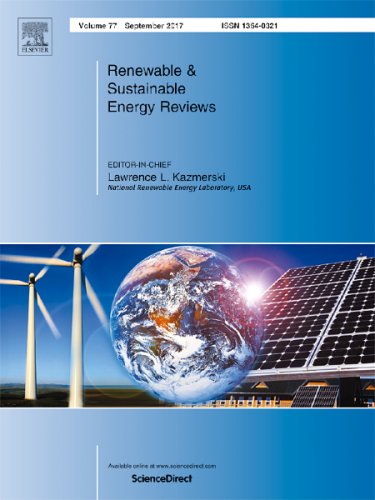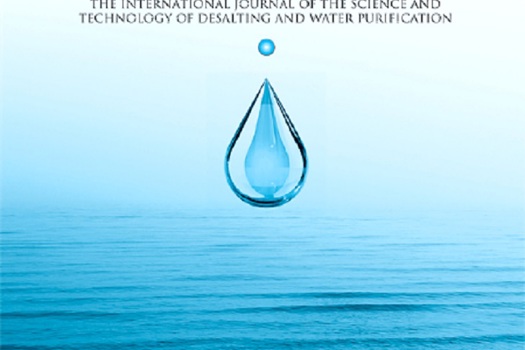
Abstract
Membrane distillation (MD) is a promising separation technology that can help reducing the worldwide water-energy stress in a sustainable way.
MD uses low-grade thermal energy to drive desalination, to remove non-volatile contaminants or to recover other components. In MD, the vapor from an aqueous solution crosses a hydrophobic membrane and then it condensates at the other side of the membrane, resulting in a high-quality distillate. Recent advances in MD have demonstrated the viability of this technology for different water purification applications.
This article presents a critical review of MD that focuses on applications for sustainable water production and on issues that must be addressed to improve the performance of MD desalination systems. To achieve sustainable desalination, different MD systems powered by solar, geothermal, and waste energy have been designed and evaluated, as well as hybrid systems that allow accomplishing zero liquid discharge. To achieve improved desalination, new membranes, membrane modules and MD configurations have been proposed in the last years. Membrane fouling and scaling has been found to be one of the main issues that limits MD at large-scale.
Research gaps are highlighted and areas for further research – in terms of sustainability and to improve the performance of MD systems– are proposed.


